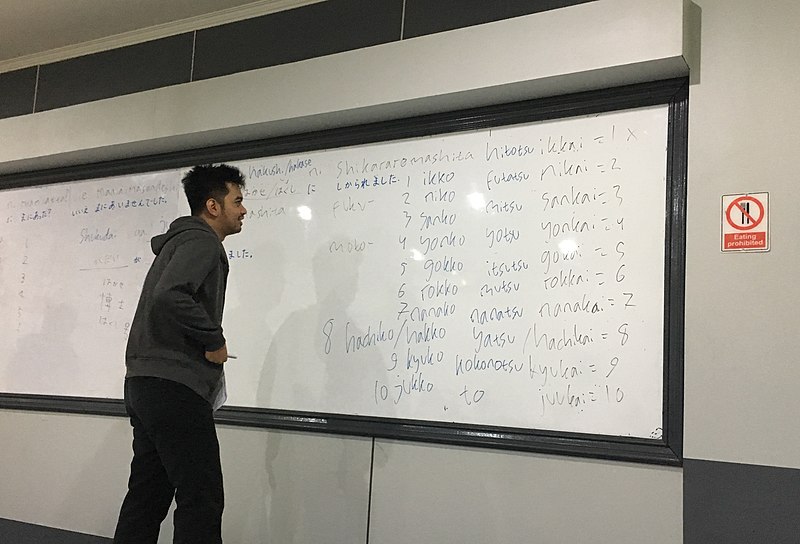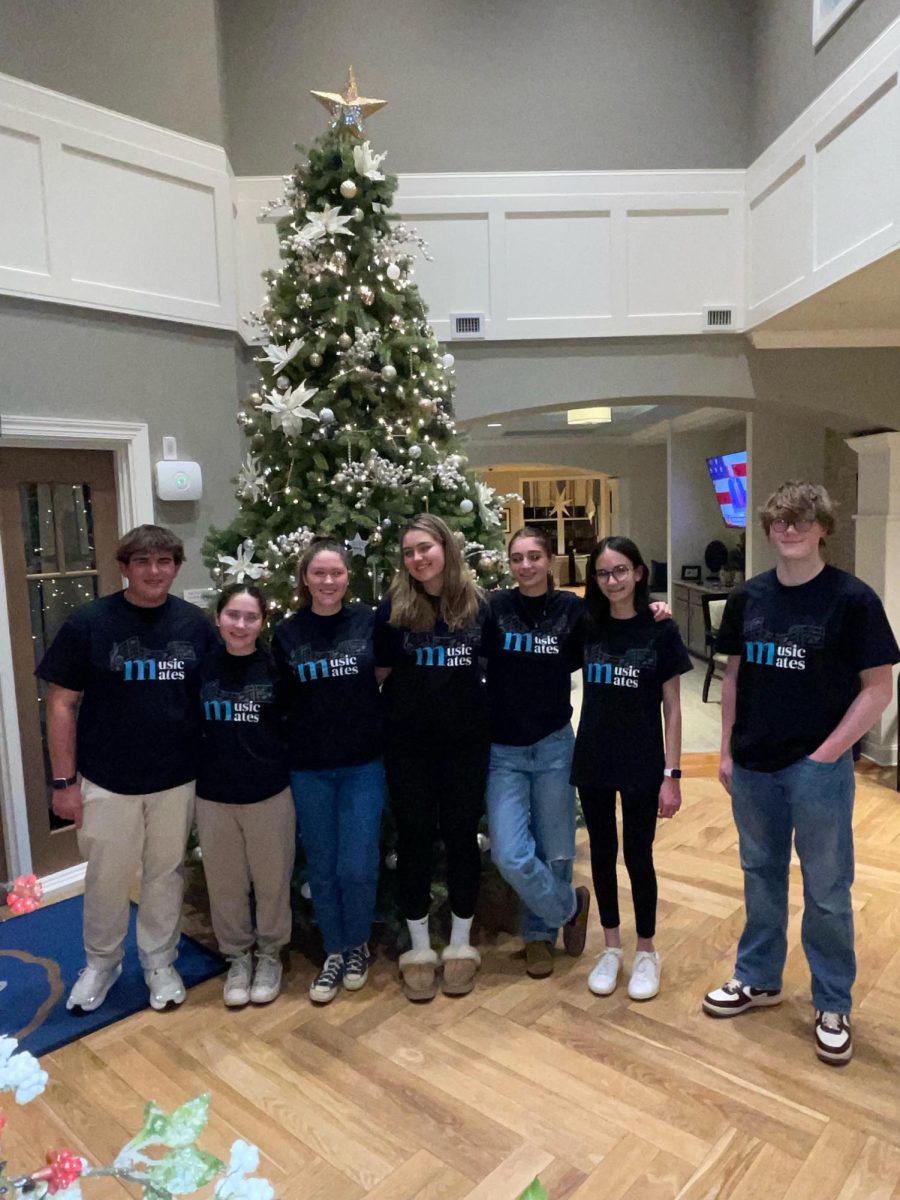
Language behaviors can reveal a lot about one’s identity. They are often a reflection of the linguistic behaviors present in one’s environment, upbringing, or communities with whom one interacts. Linguists refer to this linguistic assimilation as “linguistic convergence.”
A certain set of speech patterns and language structures can be associated with a particular age cohort, gender group, or social class; these are called “social dialects” or “sociolects.” Some examples are slang terms like “rizz,” “delulu,” and “sus,” respectively altered from the original words “charisma,” “deluded,” and “suspicious,” which belong to the sociolect of Generation Z. This deviation from the standard English conventions serves to establish the young generation’s own identity and separate themselves from previous generations.
Language behaviors can also be an indicator of one’s social status. Similar to the frat guy accent, the Valley Girl accent and its use of uptalk, voice cracks, vocal fry, and attack on the filler word “like” mostly signify a “a rich girl who is thought to be only interested in things like fashion, shopping, and physical appearance, considered to be typical of young people living in the San Fernando Valley of California” according to Oxford Learner’s Dictionary. A similar example in the Philippines is the “conyo” manner of speech, characterized by the use of Taglish (a unique mix of English and Tagalog in terms of vocabulary and accent), with the heavy reliance on English aiming to project a high level of education, wealth, and status. It is commonly known as “rich people English” and is associated with those studying at expensive colleges and universities in the Philippines such as Ateneo.
Convergence usually develops subtly and gradually. Overexaggerated convergence, also termed “overaccommodation,” can be seen as mocking and offensive for some, such as the employment of a slower, louder, and simpler speech style when conversing with elderly or nonnative speakers of a language. Such overaccommodation is often based on assumptions of limited comprehension and can socially backfire.
Most of the time, linguistic convergence occurs to make communication easier between two or more people. Drawing from a previous example, another aspect of Gen Z language behavior is the repetition of the last letter of the last word in a text message. With the help of emojis, this is sometimes used to lighten up the online atmosphere in a conversation between Gen Z teenagers by making a text message sound less serious or offensive. In other cases, a more formal register would be used for job interviews or in the working atmosphere. One may also find it more useful to speak English in a different accent when speaking with family members to facilitate better communication between one another. “Style-switching” is the term for this change between specific linguistic features for different situations.
These are only one of many fascinating ways of how language choices create and connect communities. However, instead of mocking and excluding someone for their language behaviors, it is important to rather celebrate how humans are able to develop such diverse linguistic differences.















